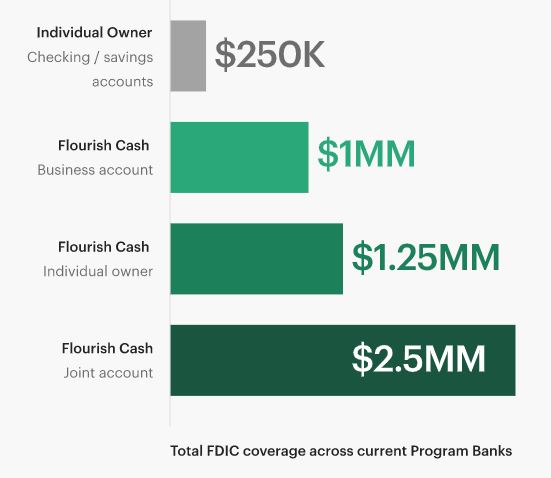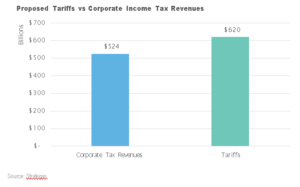With Thanksgiving in the rearview mirror, many of us are finalizing holiday shopping lists and making end-of-year medical appointments. But it’s also time to think about taxes.
Yes, April is still four months away. But charitable contributions must be made by December 31 to be counted as deductions on your 2022 tax forms. The first step is to be clear on what you want to support and how much you want to contribute. Do you already volunteer for a group in your community that would welcome monetary support as well as your time? If not, think about the causes that resonate with you: Is it mentoring youth, fighting climate change or rescuing homeless animals?
Don’t fret if you haven’t yet done anything about this; you’re in good company. Nearly 90 percent of Americans wait until these final weeks of the year to make donations. (It is the season of giving, after all.)
Here are three factors to consider when making charitable donations.
- Beyond cash: Writing a check (or using a mobile payment service like Venmo) is perhaps the quickest way to financially support a cause. But transferring appreciated assets like stock or real estate could also pack the extra power of additional tax benefits. If you’ve owned them for at least a year, donating certain types of these assets would allow you to avoid capital gains taxes — and typically the organization receiving the donation won’t owe those taxes either. Instead, you could claim the value of the donation as a deduction on your taxes.
- Multi-year giving: One tax-saving tool that is gaining popularity is donor-advised funds, or DAFs, which are essentially charitable investment accounts dedicated to funding causes you want to support. One potential advantage of a DAF is the ability to lower your tax burden in a windfall year. Not only could placing assets in the fund reduce or eliminate capital gains but a DAF also could allow a donor to essentially extend the life of the gift. A tax deduction could be taken immediately while the funds are deployed over a period of time. Another benefit? Once the assets are placed in a DAF, any appreciation is typically tax-free, potentially increasing the impact of the original donation.
- Giving in retirement: If you are over the age of 70½ and are taking the required distributions from a traditional IRA, a strategy to consider is setting up a qualified charitable distribution, which typically allows you to transfer up to $100,000 annually to one or more qualified charities. While there is no tax deduction when making donations in this way, you can reduce your overall taxable income.
There are more than 1.5 million nonprofit organizations in the United States. With a little planning, helping some of these groups achieve their missions can also have the additional benefit of tax savings for you.









 by Launch Kits
by Launch Kits